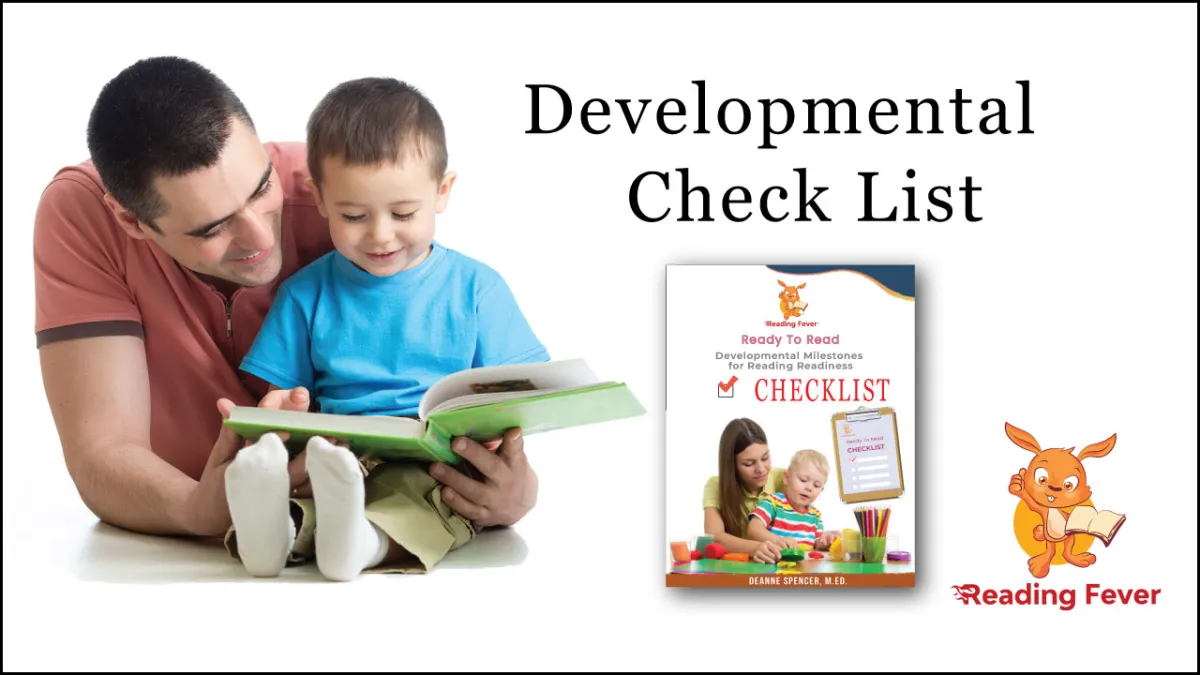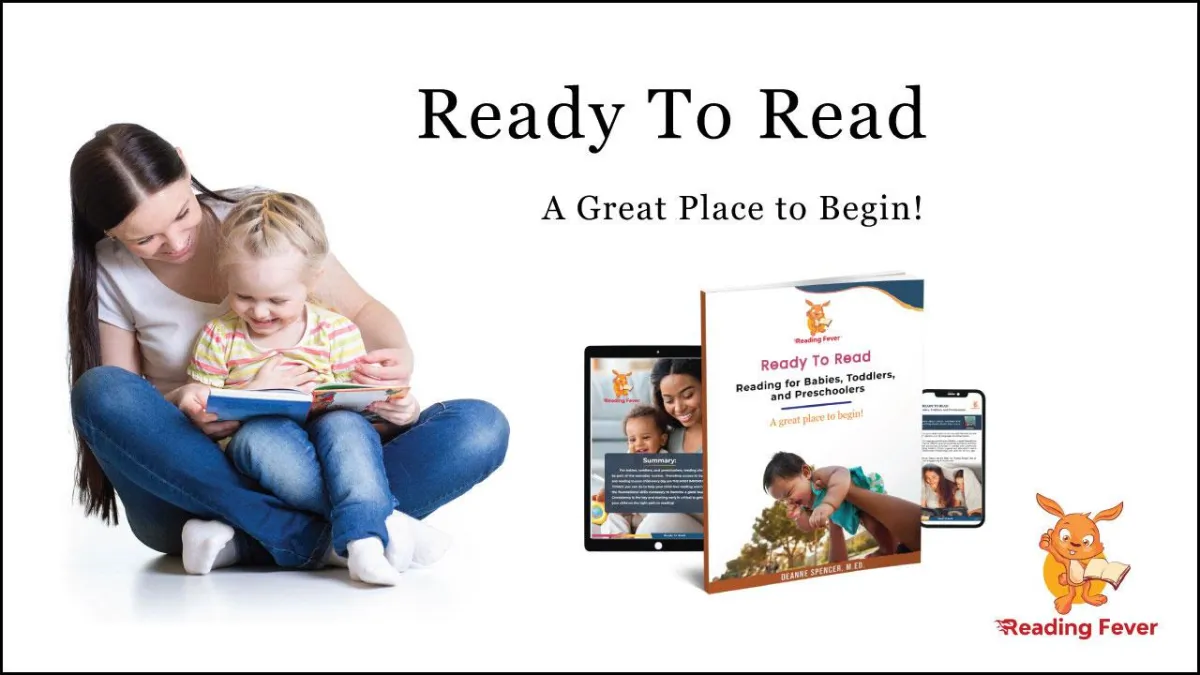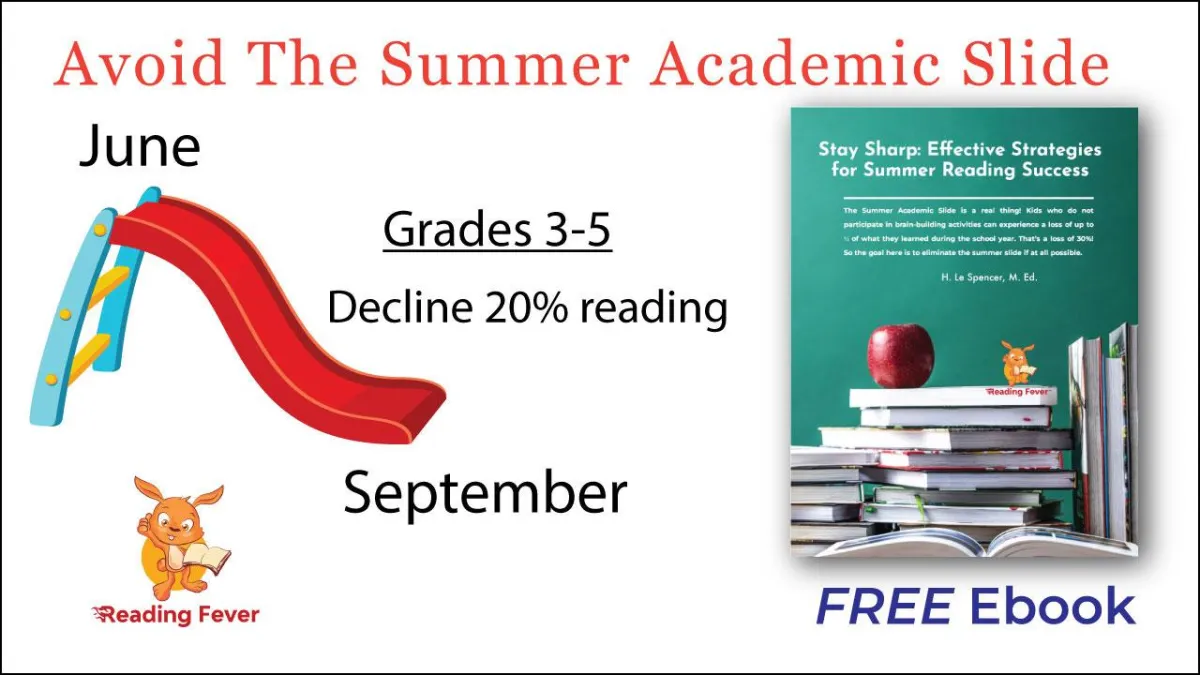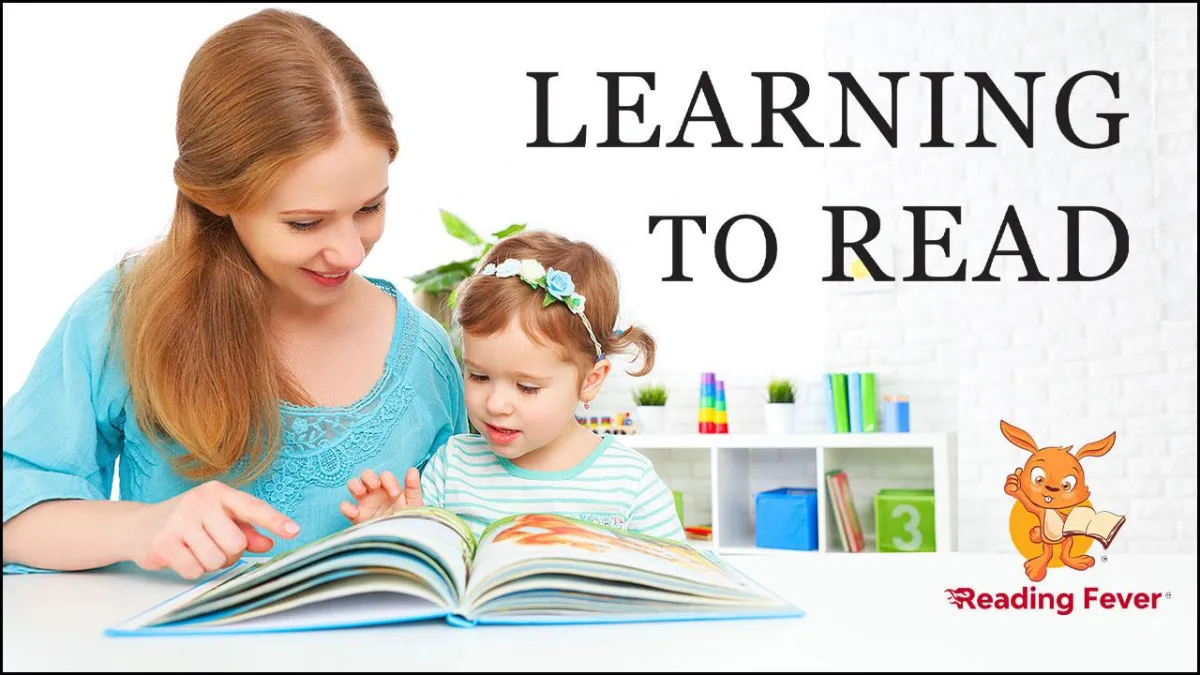We’re here to help you
navigate the world of
education.
Parents gain confidence in guiding
their children’s education!
“A child without education
is like a bird without wings.”
—Tibetan Proverb
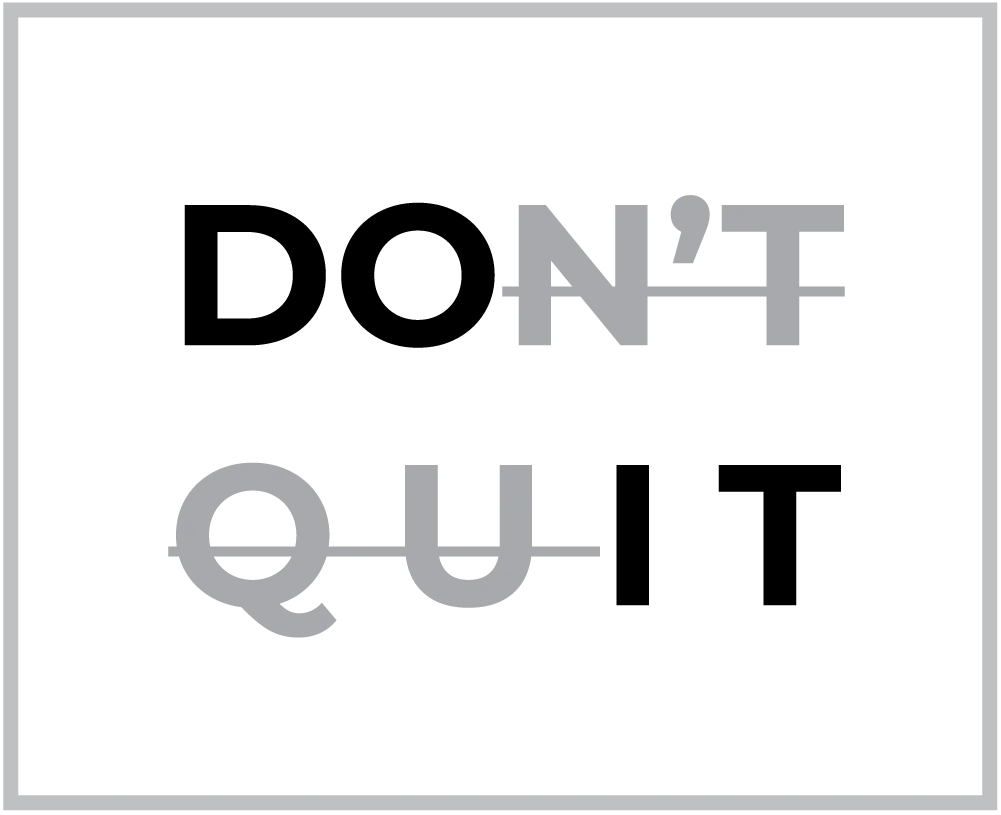

Reading Fever
Children need good reading material. "Good reading material," might begin with comic books.
Teaching young children how to read is important as it unlocks the door to a world of knowledge and imagination. Early literacy skills not only empower children to explore books and stories but also enhance their communication and cognitive abilities. Learning to read at a young age fosters a lifelong love for books and equips children with a vital tool for academic success. It's a foundational skill that paves the way for their educational journey and opens up countless opportunities for personal and intellectual growth.

Math Fever
Children might not remember all the facts you taught them, but they will remember how you made them feel.
Teaching math fundamentals to young children is essential as it lays the foundation for their future academic success. Early exposure to basic mathematical concepts, such as counting, shapes, and patterns, not only stimulates cognitive development but also fosters critical thinking and problem-solving skills. Moreover, math education at a young age helps children become more comfortable with numbers, promoting confidence and reducing math-related anxiety as they progress through their educational journey.

Science Fever
Helping all parents and children feel important and needed is a skill all good leaders have.
Exposing science fundamentals to very young children is crucial as it nurtures their natural curiosity and inquiry skills. Early exposure to basic scientific concepts and hands-on exploration not only ignites a sense of wonder but also helps develop their problem-solving abilities. This early exposure to science builds a strong foundation for future learning, encouraging children to think critically and ask questions about the world around them. It fosters a lifelong love for learning and sets them on a path of discovery and understanding.
START AT THE BEGINNING
GUIDE YOUR CHILD'S EDUCATION WITH CONFIDENCE
The best thing we can do for you is to help you gain the knowledge and confidence necessary for you to realize your dreams for your children’s future. It’s not an easy road to travel but we learned important lessons while raising our five children and teaching in the classroom. Connecting on an emotional level with each child was critical in teaching them skills and techniques for successful living. That means that we had to understand and acknowledge what they wanted before they would understand and acknowledge what we wanted. Getting their attention and having them engage was the first step.
Create A Learning Household
THIS PROGRAM IS EFFECTIVE FOR STRUGGLING READERS TOO!

1: Learning to Read - Babies to Preschoolers
The foundations of reading, writing, listening, and speaking are put in place long before the skill of reading arrives. The attitude about reading is also in place before the skills are taught. Before children learn to read, they need an understanding that words are made of distinct separate sounds and that letters represent those sounds. There are 26 letters in our alphabet (graphemes) and 44 basic sounds (phonemes).
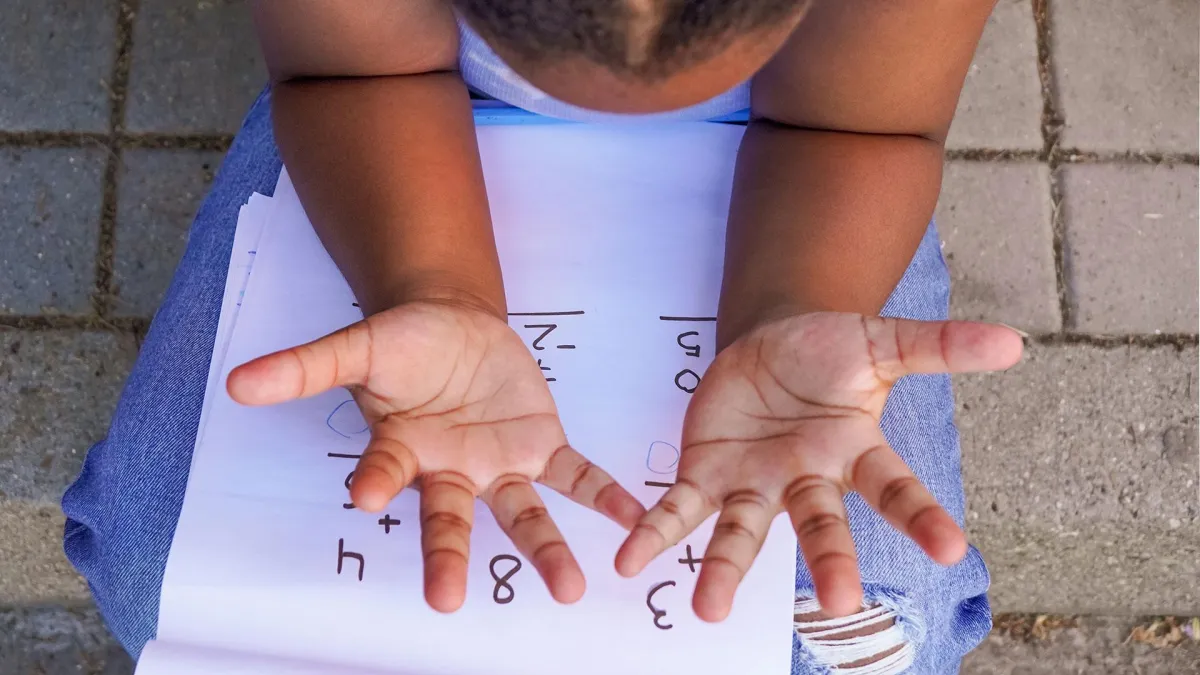
2: Learning Math
Every child possesses an innate ability to discern the distinctions between quantities, readily identifying which of two items holds a greater or lesser amount. This fundamental capacity serves as the beginning of mathematical understanding. By nurturing this inherent ability from an early age, one can embark on the journey of fostering a robust mathematical foundation in children.
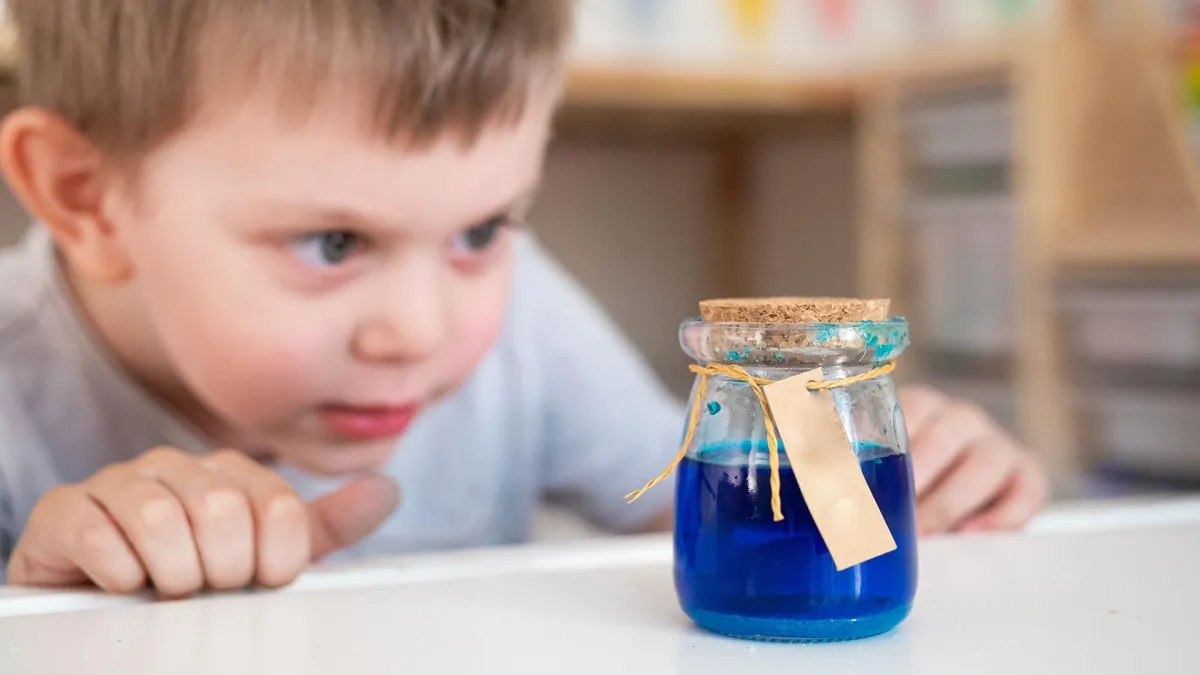
3: Understanding Science
inquisitiveness is an inherent quality in every child, a natural curiosity that drives them to explore the world around them. It's this very curiosity that serves as the genesis of scientific inquiry. By nurturing and channeling their innate desire to question and investigate, we can initiate the process of cultivating a robust understanding of science from an early age. Through hands-on experiments, interactive lessons, and relatable real-world phenomena, we can kindle a passion for science that extends far beyond the classroom, making it a fascinating and integral part of their everyday lives.
Of all pathways on the road to academic success, your child
being a good reader is the most important. ALL other
subjects require good reading skills in order to
understand and access the
content to the fullest.
RESOURCES
FREE Downloads
Premium Programs
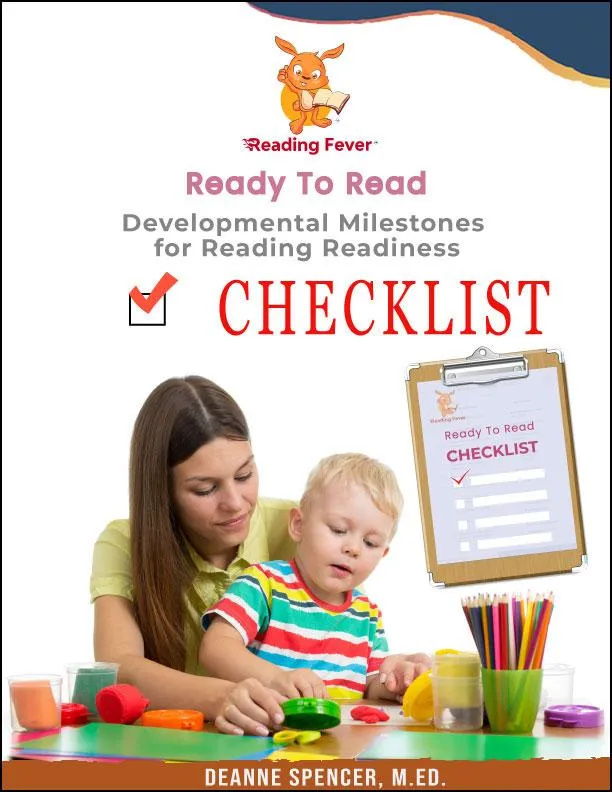
Curious about when your
child is ready to read?
Unlock the secrets!
Reading Fever's checklist boosts
confidence in gearing up your child for reading success.

Fill in to Download
the FREE Checklist
"Empower Their Journey: Unlocking Reading Adventures, One Milestone at a Time!"
Let's Work Together.
CONTACT
We understand the value of your time and your personal information. Rest assured that your privacy is of utmost importance to us. You're taking the first step towards a meaningful conversation by sharing your email and your message. Whether you have questions, ideas, or simply want to connect, we're here to listen and engage with you.

